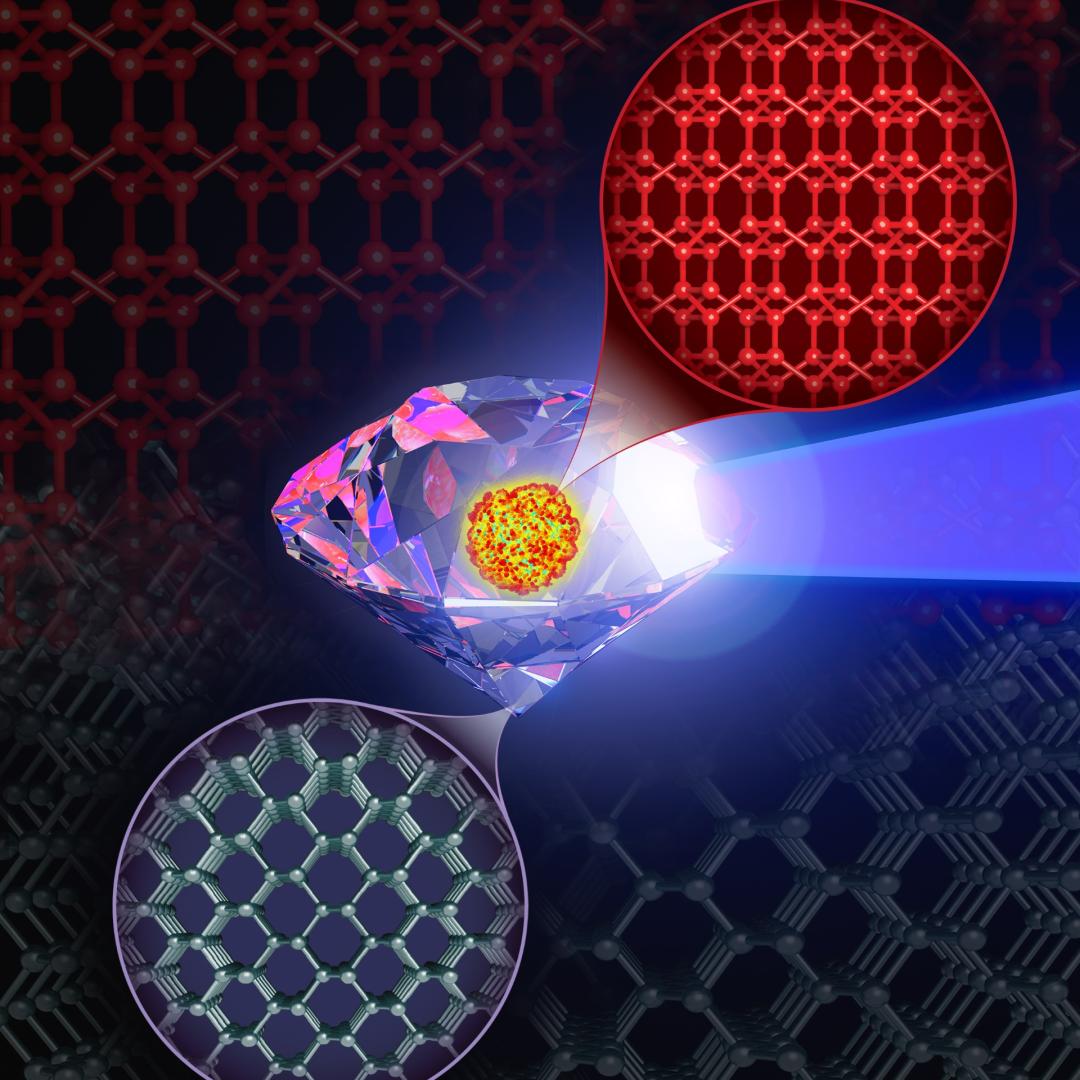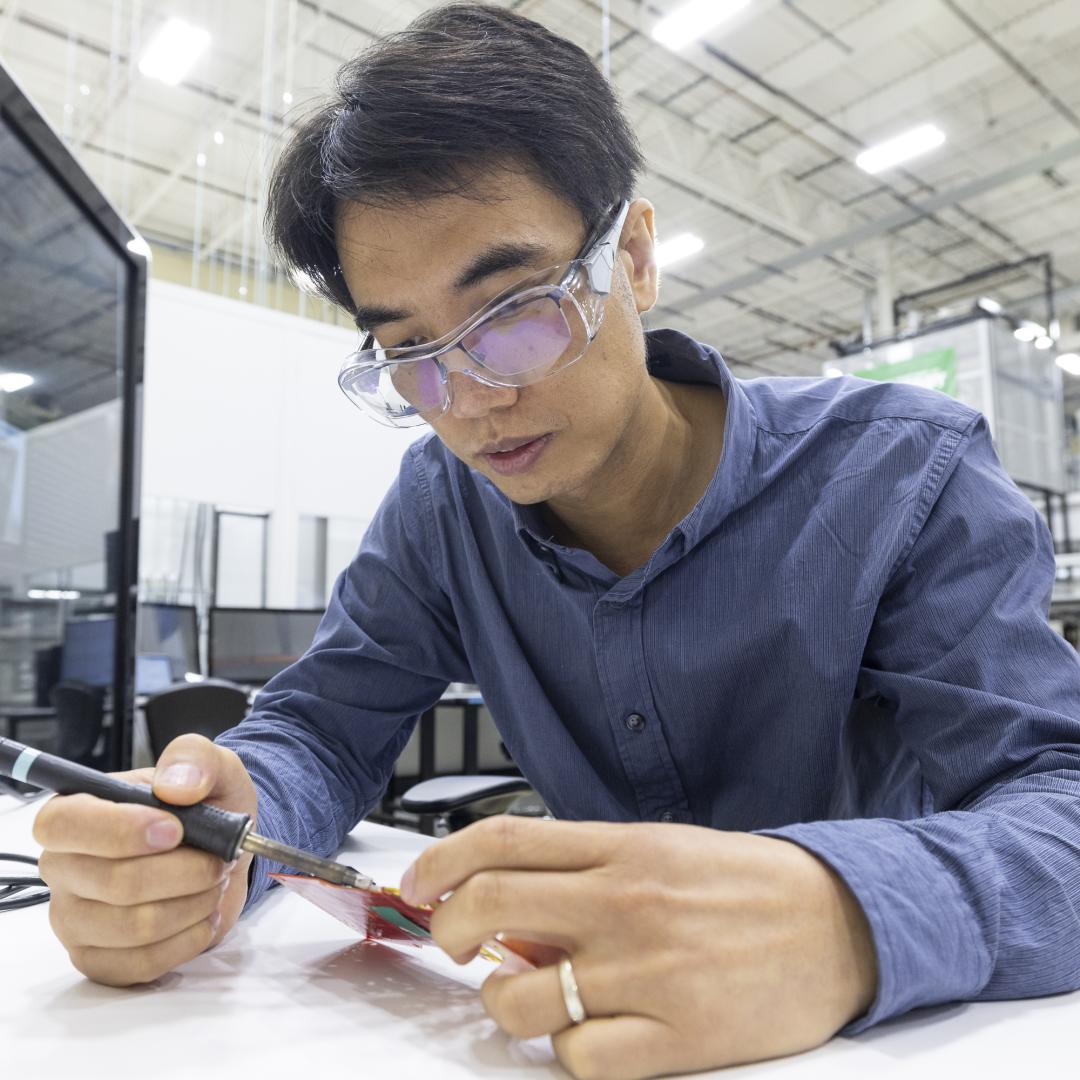
Filter News
Area of Research
News Topics
- (-) Biology (13)
- (-) Biomedical (11)
- (-) Clean Water (9)
- (-) Cybersecurity (5)
- (-) Frontier (10)
- (-) Isotopes (12)
- (-) Microscopy (7)
- 3-D Printing/Advanced Manufacturing (31)
- Advanced Reactors (10)
- Artificial Intelligence (37)
- Big Data (20)
- Bioenergy (20)
- Biotechnology (6)
- Buildings (13)
- Chemical Sciences (15)
- Climate Change (21)
- Composites (8)
- Computer Science (59)
- Critical Materials (6)
- Decarbonization (21)
- Education (1)
- Emergency (1)
- Energy Storage (17)
- Environment (39)
- Exascale Computing (9)
- Fossil Energy (3)
- Fusion (11)
- Grid (14)
- High-Performance Computing (17)
- ITER (1)
- Machine Learning (14)
- Materials (14)
- Materials Science (36)
- Mathematics (4)
- Mercury (1)
- Microelectronics (1)
- Molten Salt (1)
- Nanotechnology (8)
- National Security (18)
- Net Zero (6)
- Neutron Science (28)
- Nuclear Energy (27)
- Partnerships (14)
- Physics (11)
- Polymers (7)
- Quantum Computing (11)
- Quantum Science (22)
- Security (4)
- Simulation (14)
- Space Exploration (7)
- Statistics (2)
- Summit (15)
- Sustainable Energy (28)
- Transportation (24)
Media Contacts
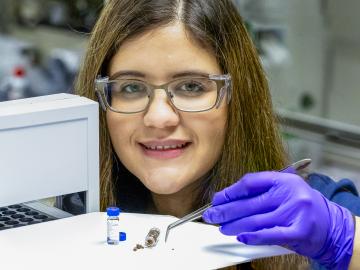
Ilenne Del Valle is merging her expertise in synthetic biology and environmental science to develop new technologies to help scientists better understand and engineer ecosystems for climate resilience.
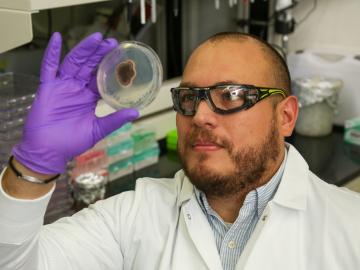
New computational framework speeds discovery of fungal metabolites, key to plant health and used in drug therapies and for other uses.
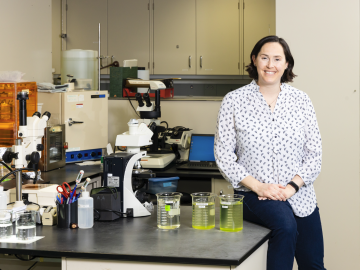
Louise Stevenson uses her expertise as an environmental toxicologist to evaluate the effects of stressors such as chemicals and other contaminants on aquatic systems.

Corning uses neutron scattering to study the stability of different types of glass. Recently, researchers for the company have found that understanding the stability of the rings of atoms in glass materials can help predict the performance of glass products.
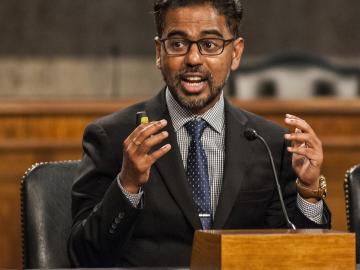
In summer 2023, ORNL's Prasanna Balaprakash was invited to speak at a roundtable discussion focused on the importance of academic artificial intelligence research and development hosted by the White House Office of Science and Technology Policy and the U.S. National Science Foundation.
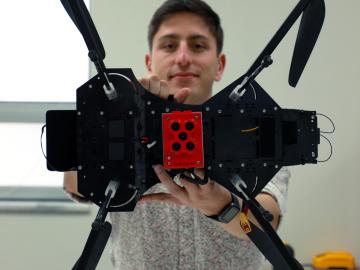
Jack Orebaugh, a forensic anthropology major at the University of Tennessee, Knoxville, has a big heart for families with missing loved ones. When someone disappears in an area of dense vegetation, search and recovery efforts can be difficult, especially when a missing person’s last location is unknown. Recognizing the agony of not knowing what happened to a family or friend, Orebaugh decided to use his internship at the Department of Energy’s Oak Ridge National Laboratory to find better ways to search for lost and deceased people using cameras and drones.
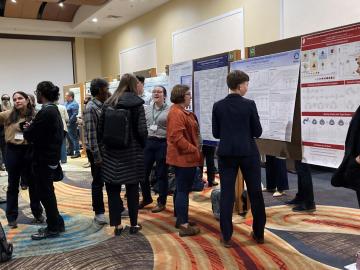
The 21st Symposium on Separation Science and Technology for Energy Applications, Oct. 23-26 at the Embassy Suites by Hilton West in Knoxville, attracted 109 researchers, including some from Austria and the Czech Republic. Besides attending many technical sessions, they had the opportunity to tour the Graphite Reactor, High Flux Isotope Reactor and both supercomputers at ORNL.
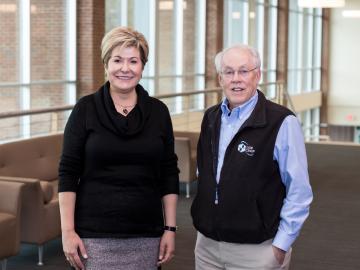
Gina Tourassi has been appointed as director of the National Center for Computational Sciences, a division of the Computing and Computational Sciences Directorate at Oak Ridge National Laboratory.
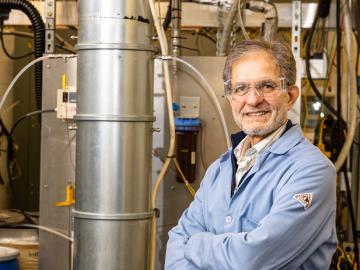
While Tsouris’ water research is diverse in scope, its fundamentals are based on basic science principles that remain largely unchanged, particularly in a mature field like chemical engineering.
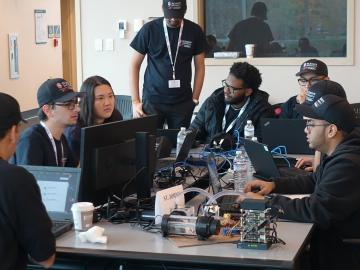
Oak Ridge National Laboratory will give college students the chance to practice cybersecurity skills in a real-world setting as a host of the Department of Energy’s fifth collegiate CyberForce Competition on Nov. 16. The event brings together student teams from across the country to compete at 10 of DOE’s national laboratories.


